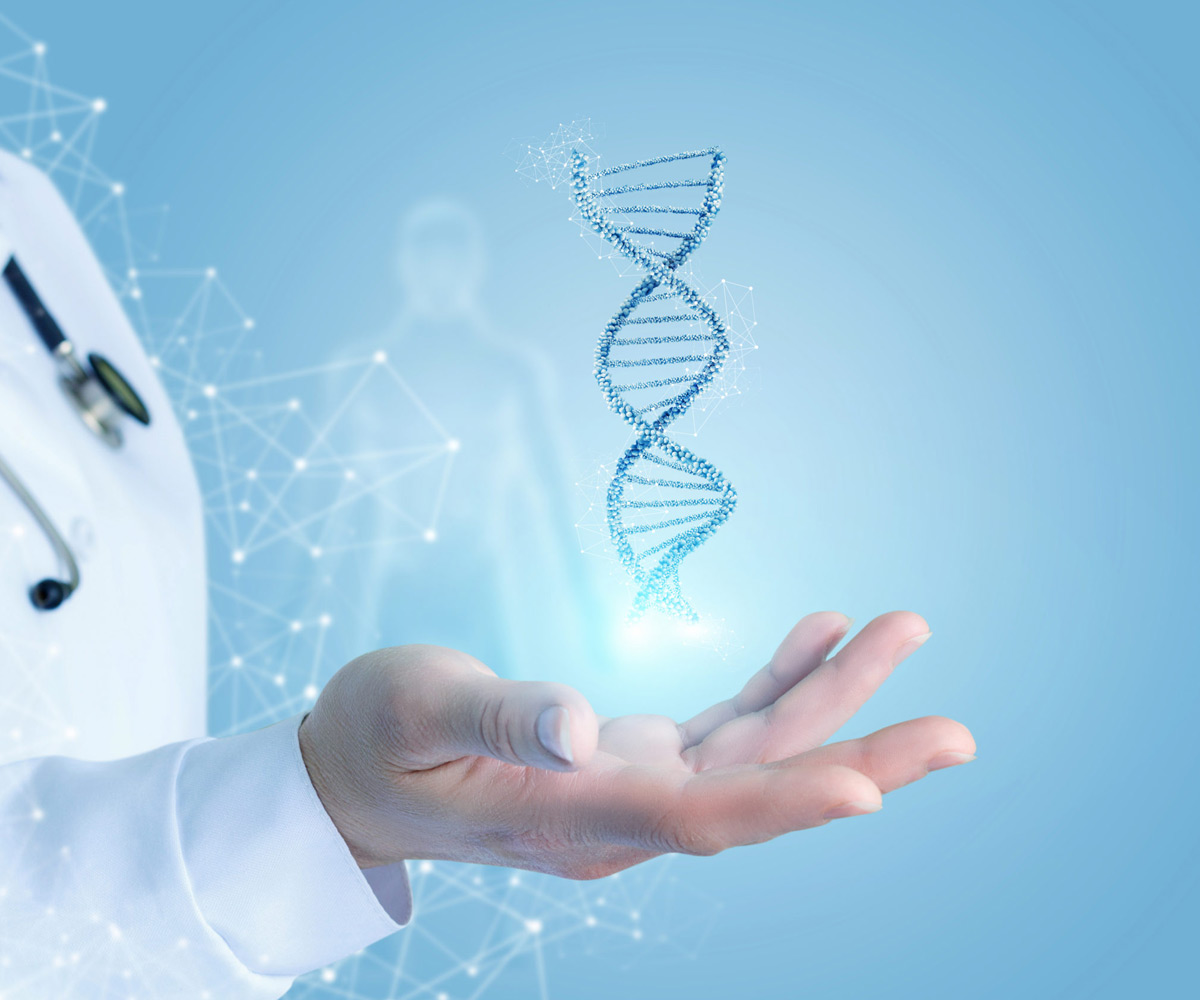Who should avail preconceptional counseling :
A) Couples with a history of a previous affected child/ family member/ partner with any of the following :
- Suspected or known genetic disorder ( an example of these conditions is cited above)
- Congenital malformation
- Intellectual disability
- Sudden deaths in neonatal or adult life
- Recurrent fetal losses
- Cancer
B) Consanguineous unions
Consanguinity leads to an increased incidence of genetic disorders as compared to the baseline risk. Risk assessment (judged from a detailed family history) and options for carrier screening shall be discussed to guide reproductive decisions.
C) All couples before planning a pregnancy :
Did you know that certain disorders like thalassemia, spinal muscular atrophy and fragile X are common in the Indian population? Screening for these disorders can prevent the birth of affected children as most of these conditions do not have a cure or if cure is available it is expensive.
Screening for certain infectious diseases before pregnancy can avoid fetal malformations. Congenital malformations like neural tube defects can also be avoided by pre-pregnancy care.
Pre-marital counseling :
A family history of an affected individual leads to concerns in the prospective bride or groom. This session is aimed at clarifying the type of disorder in the family, understanding whether it has a genetic basis and reviewing the risk of the individual (prospective match) in concern. It aims at establishing the status of the individual, understanding whether there are reproductive risks, discussing the available options of management when necessary and allaying familial anxiety.





